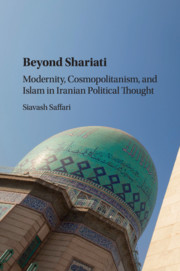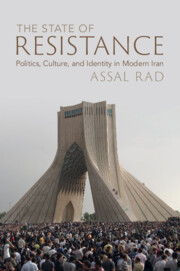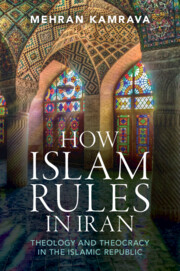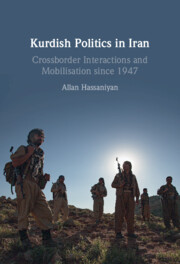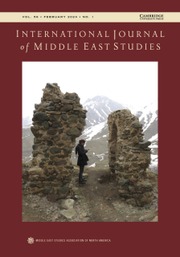Beyond Shariati
Ali Shariati (1933–77) has been called by many the 'ideologue of the Iranian Revolution'. An inspiration to many of the revolutionary generation, Shariati's combination of Islamic political thought and Left-leaning ideology continues to influence both in Iran and across the wider Muslim world. In this book, Siavash Saffari examines Shariati's long-standing legacy, and how new readings of his works by contemporary 'neo-Shariatis' have contributed to a deconstruction of the false binaries of Islam/modernity, Islam/West, and East/West. Saffari argues that through their critique of Eurocentric metanarratives on the one hand, and the essentialist conceptions of Islam on the other, Shariati and neo-Shariatis have carved out a new space in Islamic thought beyond the traps of Orientalism and Occidentalism. This unique perspective will hold great appeal to researchers of the politics and intellectual thought of post-revolutionary Iran and the greater Middle East.
- Offers a new reading of Ali Shariati's political thought which will appeal to those who are interested in Shariati's legacy and influence in contemporary Iran
- Challenges binary views of Islam and modernity, contributing to the literature on multiple modernities and alternative modernities in Muslim contexts
- Uses the framework of comparative political theory that places Iranian political thought in global dialogues about religion and modernity, as well as modernity and coloniality
Reviews & endorsements
‘Beyond Shariati signals the opening horizons of a fertile critical thinking to come.' Hamid Dabashi, Columbia University, New York
‘By focusing on the Iranian thinker, Dr Ali Shariati and his influence on modernist thinkers in Iran and beyond in the Muslim world, Siavash Saffari has challenged prevailing theses that privilege Eurocentric analysis of the history of modernization in the global context … No student of modern Islam or Iran can afford to ignore this valuable contribution.' Abdulaziz Sachedina, George Mason University, Virginia
‘In recent times, the relation between Western modernity and Islam has been a prominent topic of social-theoretical discussions … By focusing attention on the Iranian intellectual Ali Shariati and his later followers (the ‘neo-Shariatis'), Saffari shows that customary binaries - such as ‘Western universalism' vs ‘Islamic parochialism' - are hasty abstractions and also neglect a crucial geopolitical binary: that between center and periphery, between colonizers and colonized.' Fred Dallmayr, University of Notre Dame, Indiana
Product details
May 2019Paperback
9781316615751
219 pages
230 × 153 × 18 mm
0.4kg
Available
Table of Contents
- Introduction: between cultural essentialism and hegemonic universalism
- 1. Post-revolutionary readings of a revolutionary Islamic discourse
- 2. Islamic thought in encounter with colonial modernity
- 3. A postcolonial discourse of public religion
- 4. The enlightenment subject and a religiously mediated subjectivity
- 5. Orientalism, Occidentalism, and the civilizational framework
- Conclusion: toward a postcolonial cosmopolitanism
- Bibliography.

